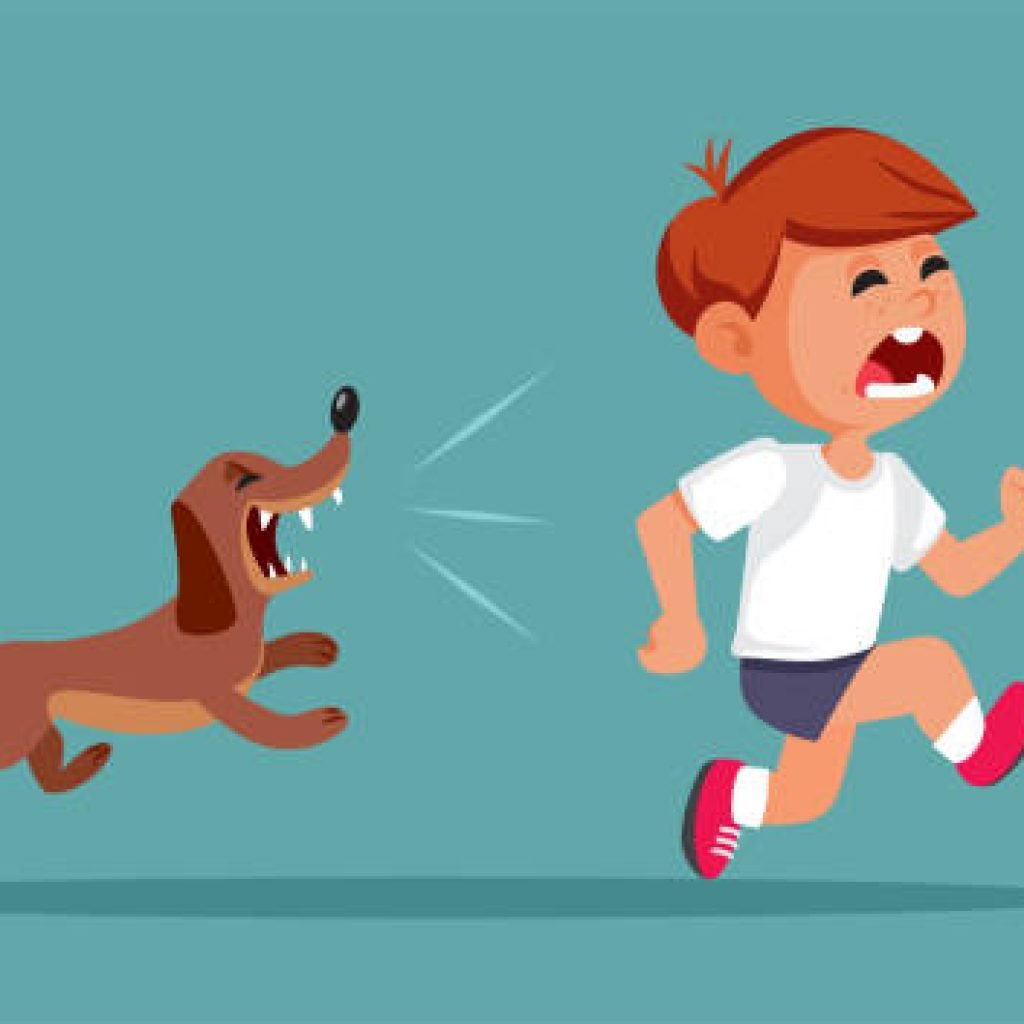Why Do Dogs Bark at Strangers?
Dogs barking at strangers is a behavior that intrigues many pet owners and observers alike. It’s a natural response that serves various purposes, from alerting their human companions to expressing fear or curiosity. Understanding this behavior is key to fostering a harmonious relationship between dogs and the diverse people they encounter. In this article, we’ll define the reasons why do Dogs Bark at Strangers? and how it shapes the interactions between our canine friends and unfamiliar individuals. Stay tuned as we uncover the mysteries of why dogs bark at strangers, and learn how to manage this behavior for a happier, more peaceful coexistence.
Understanding Canine Communication
Dogs are not just our friends, they also like to “talk” using barks. When they bark at people they don’t know, it’s their way of saying “Who are you?” or “I’m watching out for my home!” This is normal for dogs, but sometimes it can be a bit much for their owners if it happens a lot or very loudly.
The Protective Instinct

One of the primary reasons dogs bark at strangers is due to their territorial instinct. Dogs have eolved as territorial animals, often taking it upon themselves to guard their home and family. When a stranger approaches, a dog’s bark serves as an alarm, signaling the presence of a potential intruder.
Fear and Anxiety
Some dogs may bark at strangers out of fear or anxiety. Unfamiliar faces can be intimidating, causing a dog to bark as a defensive mechanism. This reaction is particularly common in dogs that have not been adequately socialized or have had negative experiences with strangers in the past.
Communication and Social Interaction
Barking can also be a form of social interaction. Dogs are inherently social creatures and may bark to express excitement or interest in meeting someone new. When they bark with a happy wagging tail and lots of energy, it’s like they’re saying “Hi, nice to meet you!” They’re just trying to be friendly and say hello to someone they haven’t met before.
Breed-Specific Behaviors
Certain breeds have a stronger guarding instinct due to their historical roles as protectors or herders. Breeds like German Shepherds, Rottweilers, and Border Collies may be more prone to barking at strangers as part of their natural inclination to watch over their territory.
Lack of Socialization
A dog’s upbringing plays a significant role in how they respond to strangers. Dogs that haven’t been exposed to a variety of people and environments during their formative puppy years may be more likely to bark at strangers. Socialization helps dogs learn to navigate new experiences with confidence.
Decoding the Woof: Understanding What Your Dog's Bark Means

Dogs communicate a lot through vocalizations, and barking is their primary way of expressing themselves. But what exactly are they trying to say with all that barking? Believe it or not, the pitch, tone, and duration of a bark can reveal a lot about your dog’s emotional state. Here’s a quick guide to deciphering your pup’s barks:
-
Short, Sharp Barks: Often a sign of alertness. These rapid-fire barks put you and your dog on notice that something interesting (or potentially threatening) is happening.
-
Long, Low Growls: A deep, rumbling growl is a clear warning. It signifies that your dog feels threatened and is prepared to defend themselves.
-
High-Pitched Barks: This can be a double-edged sword. A high-pitched, excited bark might mean your dog is thrilled to see you or another familiar face. However, a high-pitched bark with a whiny tone could indicate fear or anxiety.
-
Continuous Barking: Repetitive barking, regardless of pitch, often signifies frustration or excessive excitement. It's your dog's way of saying, "Hey, pay attention to me! Something's going on!"
Body Language Matters:
Pay close attention to your dog’s body language alongside the bark. A flattened posture and tucked tail usually indicate fear, while a raised tail and wagging body often suggest excitement or playfulness.
By understanding the different types of barks and their accompanying body language, you can become a better translator for your furry friend. This not only strengthens your bond but also helps you address the underlying reasons behind their barking, leading to a calmer and happier pup.
adipiscing elit. Ut elit tellus, luctus nec ullamcorper mattis, pulvinar dapibus leo.
Attention-Seeking Behavior
Dogs are smart and they notice when certain actions get them what they want. So, if a dog barks and then gets cuddles or snacks from their owner, they might think, “Hey, barking gets me good stuff!” Then, they might bark more often because they want more cuddles or treats. It’s like they’re saying, “Look at me, give me love or snacks!” every time they see someone new.
Training and Management
Managing a dog’s barking behavior requires patience and consistent training. Basic obedience training can establish you as the pack leader, and positive reinforcement can encourage calm behavior. Gradually exposing your dog to different types of people in controlled situations can also help them become more comfortable around strangers.
When Barking Becomes a Problem: Tips and Safety

While barking is a natural canine behavior, excessive barking can become a nuisance for you and your neighbors. Here’s how to identify a problem and navigate encounters with barking dogs:
Signs of Problematic Barking:
- Frequency and Duration: Does your dog bark incessantly for long periods at seemingly random triggers (or no trigger at all)?
- Intensity: Is the barking excessively loud or aggressive?
- Destructive Behavior: Does the barking accompany destructive behavior like chewing or digging due to frustration?
Seeking Professional Help:
If your dog’s barking is persistent and disruptive, consider consulting a certified dog trainer or behaviorist. They can help you identify the root cause of the barking and develop a personalized training plan to address it.
Safety Tips for Dog Owners:
- Stay Calm: A calm demeanor reassures your dog and avoids escalating the situation.
- Identify the Trigger: Try to understand what's causing the barking (e.g., stranger, noise) to address the root cause.
- Positive Reinforcement: Encourage your dog's peaceful demeanor by offering rewards and shifting their focus with toys or treats.
Safety Tips for Strangers:
- Maintain Distance: Don't approach a barking dog directly. Give them a wide berth and allow the owner to handle the situation.
- Avoid Eye Contact: Direct eye contact can sometimes be perceived as a threat by a nervous dog.
- Stay Calm and Respectful: Avoid yelling or making aggressive gestures towards the dog or owner.
Conclusion
Understanding why do dogs bark at strangers is the first step toward addressing the behavior. They might be trying to protect their home, feeling scared, saying hello, or just wanting some love from their owners. It’s a dog’s way of talking to us and the world around them. By recognizing the underlying causes and implementing appropriate training techniques, you can help your furry friend become more at ease around new people, making every encounter a pleasant one for everyone involved.










